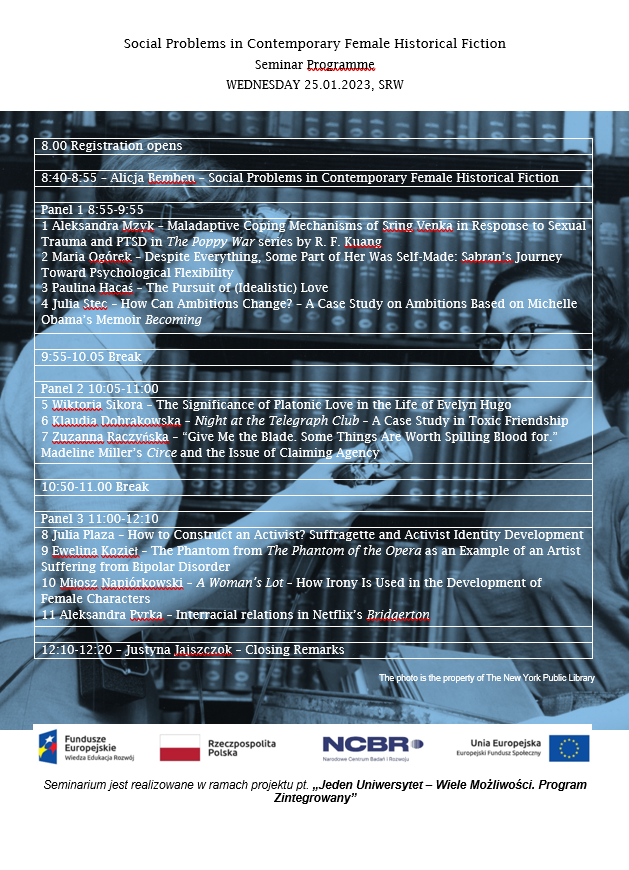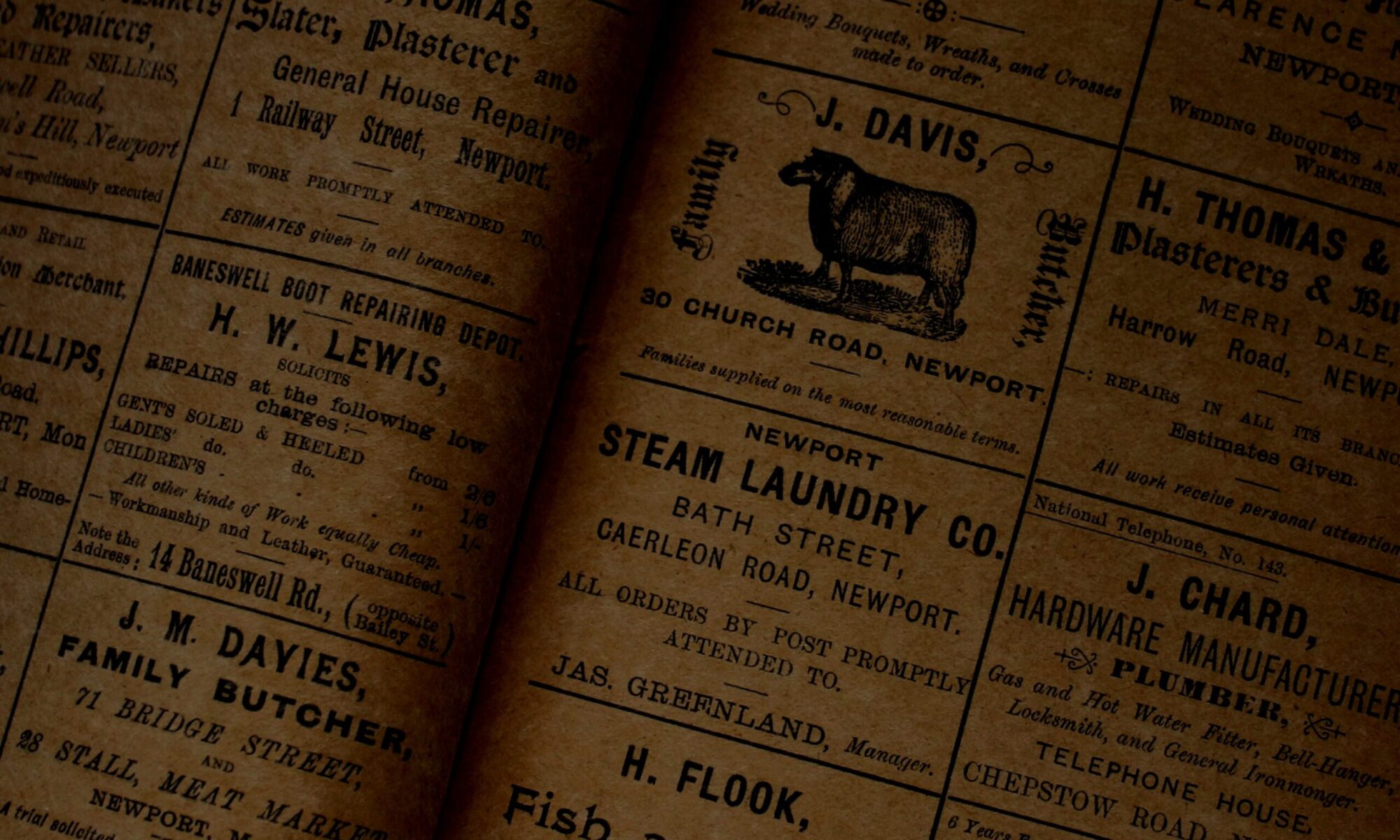Social Problems in Contemporary Female Historical Fiction
25.01.2023
University of Silesia
Faculty of Humanities
Institute of Literary Studies
H/Story Research Group
Walter Scott’s idea “to illustrate the manners, customs, and language of the [bygone] people” is what brought about the emergence of historical fiction and what makes the genre concerned with social issues by definition. This concern is, however, put into effect variously and for various purposes. One way in which historical fiction engages with social problems is simply by foregrounding them narratively; and thus hyping them enough to force a social response or at least making the society aware of its (past and/or lasting) failings. This form of addressing social problems is perhaps most widely spread in the genre and invites questions concerning how powerful historical fiction narratives are created and what the nuances of their influence are. This is especially pertinent to historical fiction about women and written by women. In the male-dominated literature sensu largo, historical fiction taken over by women more and more allows female authors to address social issues that might not have been of widespread interest thus far, or show typically feminine angles of issues already under debate. Another way in which historical fiction utilises social problems has to do with the intellectual stimuli it is capable of providing. It might not only teach us about the troublesome aspects of our society that we have not been familiar with but also thrust our critical thinking. This quality of historical fiction begs the question about how this genre of literature – rather than history – shapes our historical consciousness: how come we remember more about what happened in 18th-century Scotland thanks Diana Gabaldon’s Outlander rather than thanks to the relevant history book chapter we covered in high school? Why would we sympathise with Hilary Mantell’s Thomas Cromwell if history has labelled him a monster? If knowledge is situated, one might ask what exactly falls into women’s contribution to our historical consciousness? Equally importantly, historical fiction addresses bygone evils and injustices for a variety of reasons. As regards these, we often find female historical novelists dismantling stereotypes and questioning social norms in their works; yet, it might be cognitively fruitful to investigate as well what might be other reasons for them to dissect the minds of tyrants or social norms that fell into oblivion.
Having this in mind, we invite scholars of various fields to present their take on the social problems that contemporary historical fiction addresses. Among the specific themes that might be covered in ten-minute long presentations are the following (the list is by no means exhaustive):
- why do authors use the past/historical fiction to address the present problems
- dismantling stereotypes versus generating new cliches in historical fiction
- the ways of addressing bygone evils and injustices
- rewriting/retelling the past for social purposes
- character formation (agency, personality, psyche)
- new/old characters and social norms
- new/old pursuits and ambitions
- ways of managing stereotypes and social norms
- emotions and/or facts in contemporary historical fiction
We welcome scholars from various academic fields to submit their proposals by 9 November 2022. Abstracts (no more than 150 words) in English should be emailed to hstory.seminar@gmail.com. Notifications of acceptance will be sent out by 12 November 2022.
The seminar is free of charge and takes place both online and on-site. The seminar venue is the Department’s Council Room (SRW) in the Insititute of Literary Studies building in Sosnowiec: https://us.edu.pl/wydzial/wh/kandydat-wh/kierunki-studiow/filologia-angielska/
Contact us at: hstory.seminar@gmail.com.
Best regards,
Alicja Bemben, Justyna Jajszczok, Maria Ogórek

